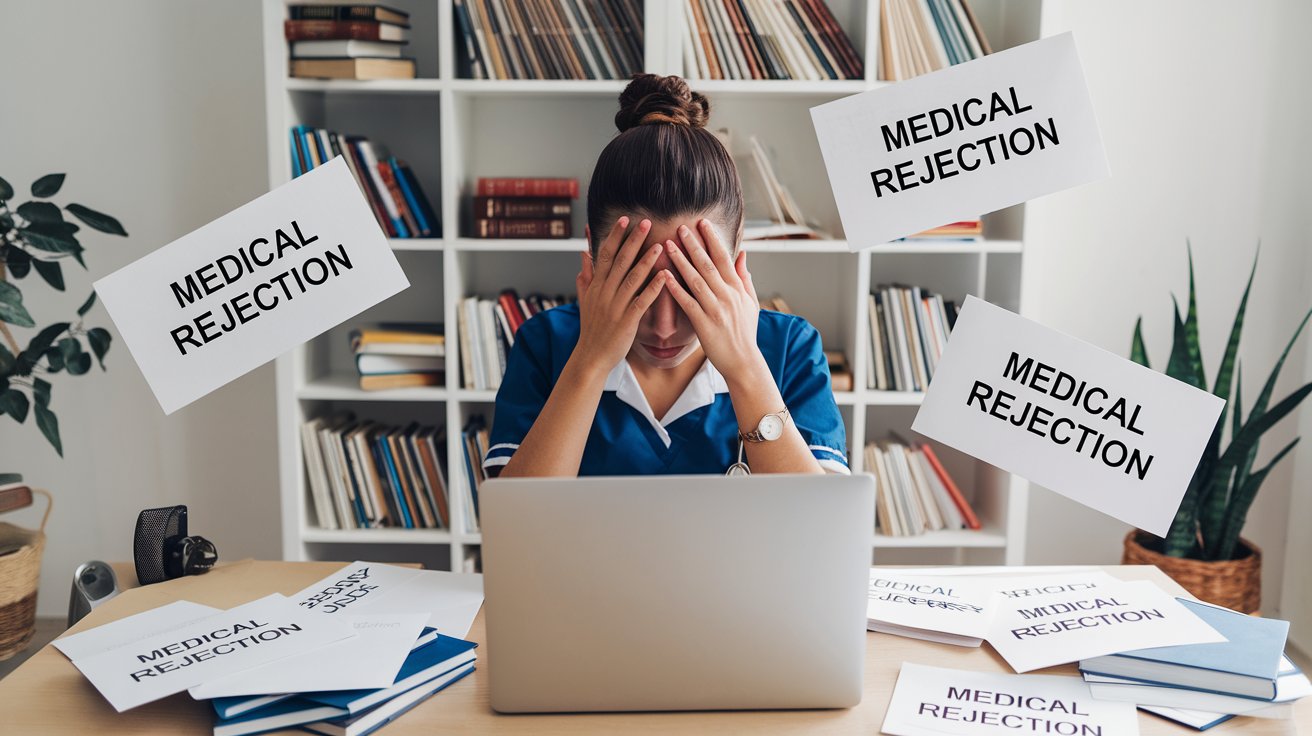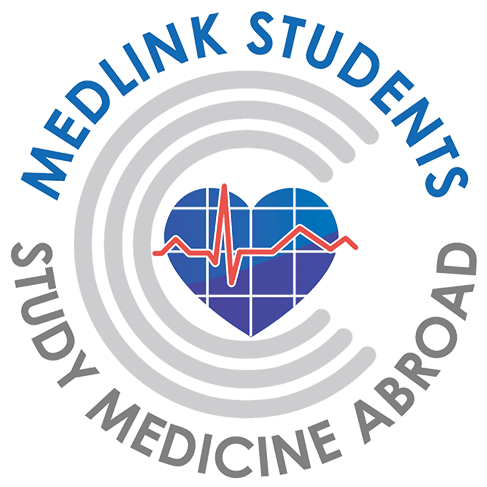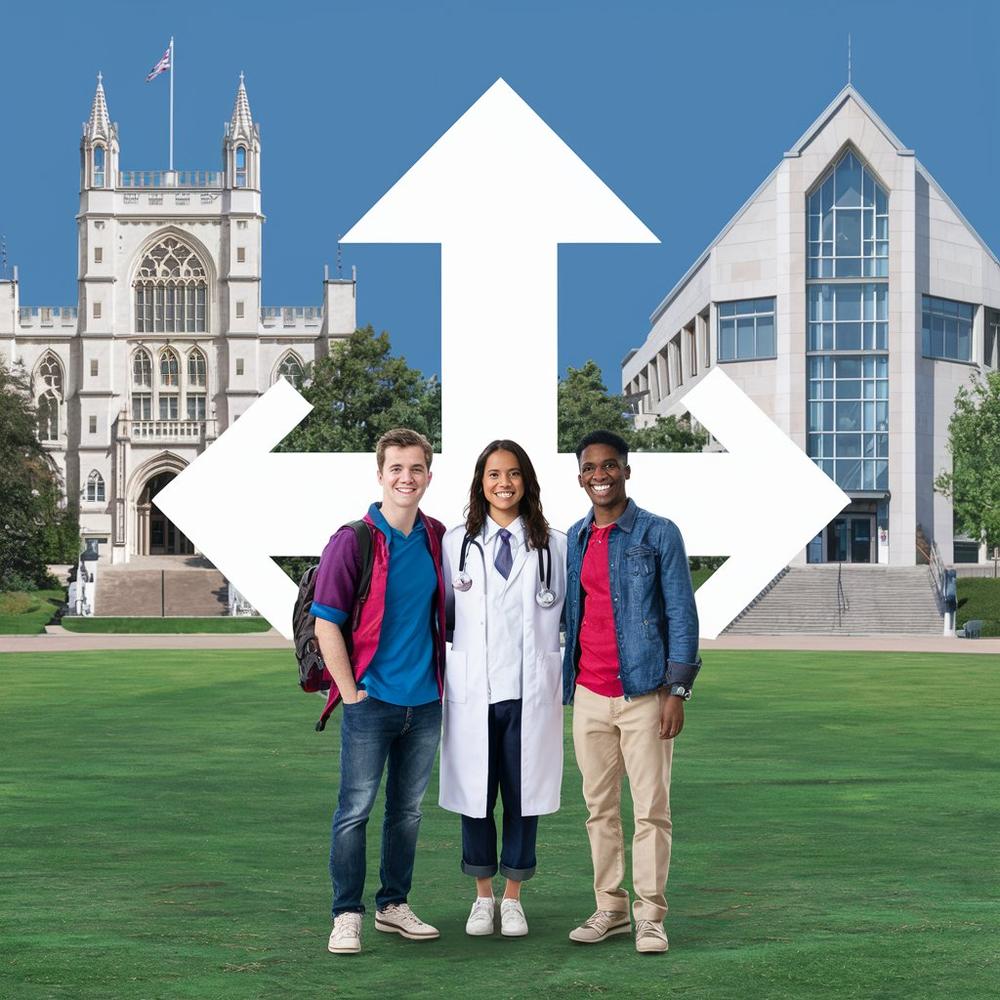Navigating Medical School Rejections When Applying on Your Own

You’ve graduated high school with the dreams of becoming a doctor or dentist. You are determined to practise medicine, but despite applying to several universities, you were rejected and left wondering why.
Applying again is the obvious choice, but the constant hassle of personalising your application and tailoring it depending on your favoured university can erode anyone’s determination over an extended period of time.
The tragic part is that even after all that effort, you could still be flatly rejected. That’s why, in this blog, we will give you the common reasons students face university rejections and the best strategies to deal with unsuccessful applications.
We have also included a real-life example from one of our determined students who faced several rejections but never gave up and is currently studying medicine at a top European university.
The key takeaways of this blog are:
- Medical schools in Western Europe are generally highly competitive and challenging to get accepted into.
- Learning from other student’s examples is a great way to learn about and overcome medical school rejection.
- Travelling and learning in the other regions of Europe is a viable and proven pathway to becoming a successful doctor, dentist or pharmacist.
Table of Contents
Rejection Rates in the United Kingdom
Medical schools in the United Kingdom (UK) are notorious for their low acceptance rates. This is often a product of their high standards, difficult entrance requirements, and extremely limited number of available seats. As a result, the number of applicants per available place is disproportionately balanced.
In essence, to even get considered for admission, students need high A-level scores, registering with the Universities and Colleges Admission Service (UCAS), submitting the necessary legal documents, registering for the GMC, being present on university days, and attending interviews.
On average, only 1 out of every 3 students gets accepted. It got exceptionally tough in 2022 (possibly due to relaxed pandemic laws) when only 1 in 4 students were admitted. Rejection Rates can widely vary between medical schools as well. For instance, the University of Cardiff had a low acceptance rate of 9.1% in 2023 (driven mainly by the high number of applications).
Difficulty in Germany and Austria
The situation is not too bright across the English channel either. Jonathan, a German student who reached out to us, had an incredibly difficult time getting accepted to a medical university in his native Germany, and he eventually couldn’t. Despite getting a good grade in his Abitur (university entrance qualification), which covers an entire array of subjects, he still wasn’t able to get accepted to the universities he wanted to.
Jonathan then decided to chase his dreams by applying to medical schools in Austria but wasn’t able to find success for many of the same reasons. One of the minimum requirements for admission into Austrian universities is an A-level grade or high school diploma, which he had. However, several fields of study, mainly medicine, are subject to strict admission restrictions, which make it equally challenging to get accepted into medical schools as it is in the UK or Germany.
Jonathan’s Journey Abroad


Jonathan was determined to become a medical professional. Despite his initial unsuccessful attempts to enrol in medical school in Germany and Austria, he continued searching for opportunities elsewhere. While exploring his other options, he heard of other students going to study at universities in Eastern Europe and the high-quality education they received there.
Between his options in Varna, Bulgaria and Mostar, Bosnia & Herzegovina, Jonathan opted for Mostar, specifically the University of Mostar (UOM). He cited his decision based on a few primary practical and personal reasons. Firstly, the availability of the “block system” at the University of Mostar. It is a different curricular system where different courses don’t overlap. Still, each main course is given one at a time to allow students to have a complete, comprehensive overview and understanding of it.
Secondly, there are limited students in any given class, around 30-40 per year. This gives students better engagement with the professors and the subject material. Additionally, the courses feel like personalised lessons, where every question gets answered, rather than a chaotic class, where just the material is covered.
Lastly, he has an uncle living near Split, Croatia, so he found comfort in knowing that a part of his home was always close by. His uncle would also help him get accustomed to the Croatian language (predominantly spoken in Mostar) and customs of the local populace and with overall advice.
The best part is that the University of Mostar is accredited, internationally recognised and listed in the World Directory of Medical Schools (WDOMS UOM), a list run by the World Health Organisation. Additionally, UOM fulfils all of the requirements set by the General Medical Council (GMC) in the UK, meaning successful graduates can become doctors in the United Kingdom.
How to Overcome Medical School Rejection
Allow Yourself to Process the Emotions
It’s important to understand that rejection in matters of great importance is a regular occurrence and a natural part of a person’s life. Rejection in any shape or form is by no means an end to something but the beginning of another. In this circumstance, you should be prepared for rejections because the odds are heavily stacked against you. There are many factors to consider as to why rejection is a common occurrence, especially within the UK.


Next, it’s crucial to take rejection as a learning experience and not give into pessimism and self-doubt. Instead, learn from your setbacks, understand your honest mistakes thus far, and know how to proceed from there.
Evaluate Your Applications
An important part of learning is analysing what went wrong. Review the feedback from the schools you applied to and identify areas for improvement in your application. If there was no clear explanation for your rejection, then perhaps your grades or experience weren’t enough. This can include language proficiency, clinical experience, GPA, or MCAT scores.
Alternatively, the grades may be excellent in themselves, but they still need to be higher to meet the extremely high standards of most Western European universities, particularly in the UK. Not to mention the immense competition from local and international students who are all fighting for a very limited number of available spots.
With the endgame of reapplying in the next cycle, or better yet, applying somewhere new with an improved application, consider gaining more research or volunteer experience. Persistence and patience are the keys to success in this matter. If you believe you could improve your knowledge or grades, you can enrol in a pre-medicine course, which will completely prepare you for your future medical education. The best part is that these programmes are usually tied into the medicine course at your chosen university, and you will have a much easier time getting accepted and transitioning to the main programme.
Seek Guidance


Consider getting advice from people who have already gone through the process. Reaching out to advisors, professors, or current/previous medical students for advice is a great way to understand what you may have done wrong and what you can improve. As they say, your network is your net worth.
Surrounding yourself with people who know the ins and outs of the workings of medical schools is a must. One conversation with the right person can single-handedly solve most of your problems.
Medlink Students


Medlink Students acts as a guidepost for students who seek to find new and better ways to pursue their dreams. Medical schools in Southern and Eastern Europe offer incredible opportunities and learning experiences. Their overall quality and level of professionalism can easily rival those of their Western counterparts.
We take pride in connecting students to this vast network of universities to help them achieve their educational goals and aspirations. By having a free consultation with one of our outstanding advisors, you’ll gain:
- 24/7 Support
- Complete and up-to-date university information
- The chance to talk to overseas-trained doctors as well as students who studied abroad
- One-to-one life advice in the respective European country of your choosing
- And so much more
Start your journey to becoming a successful doctor or dentist by applying for a free consultation now. The longer you wait for your dreams, the longer it’ll take to achieve them. As they say, carpe diem.
Why This Matters for You
Navigating medical school rejections can be extremely challenging and can lead to significant setbacks if not managed properly. Here are the key factors every student should consider when they are faced with an unsuccessful application:
Challenging odds: the extremely high requirements of Western European medical schools mean that very few applicants are accepted each year. With the odds stacked against you, exploring other options is essential.
Don’t give up: instead, focus on the road ahead. Otherwise, you would have to give up on your dreams of becoming a doctor. Even though you may have been unsuccessful this time around, this doesn’t mean that you don’t have the potential to achieve your goals.
Look for opportunities abroad: if you weren't able to get into a local medical school it usually means that you have to take a gap year and try again next year. Instead, consider applying to universities in other regions of Europe, where your chances of getting accepted can be significantly higher.
However, applying to study medicine or dentistry abroad is a whole different experience, which is why we want to make sure that students have the support to achieve their dreams without the stress of applying on their own.
Don’t hesitate to reach out to us for a free consultation to get personalised advice and guidance toward making the best decision according to your circumstances.
Leave a Reply

About Medlink Students
Leading international recruitment company for medical students in Europe. British Council Certified Agents. 10+ years of experience and more than 10,000 students advised.








